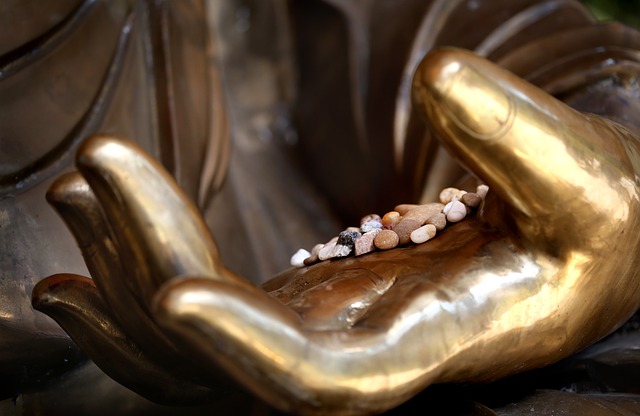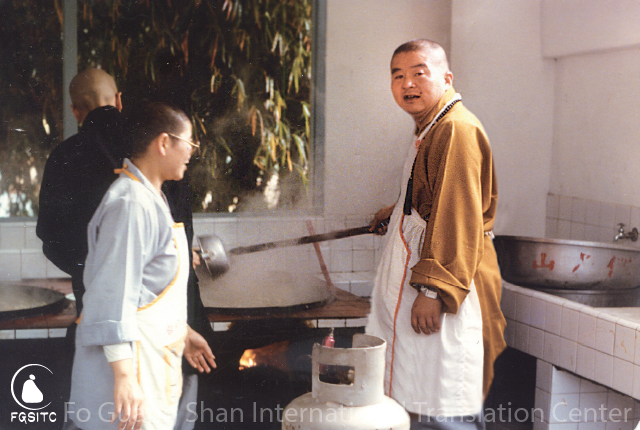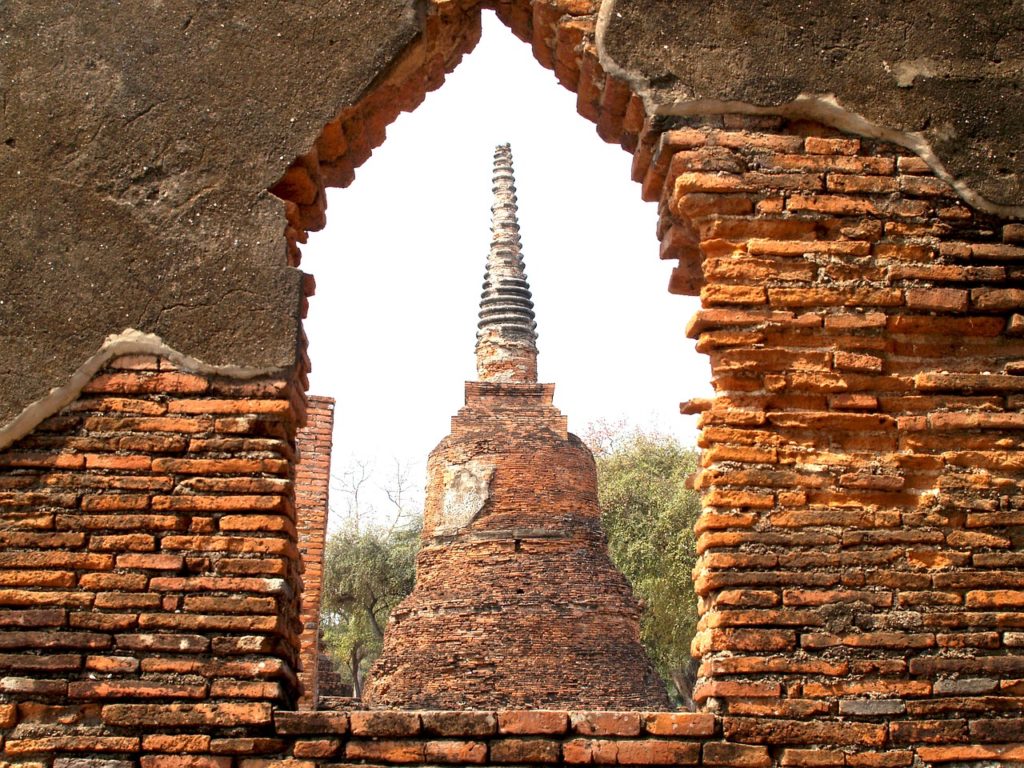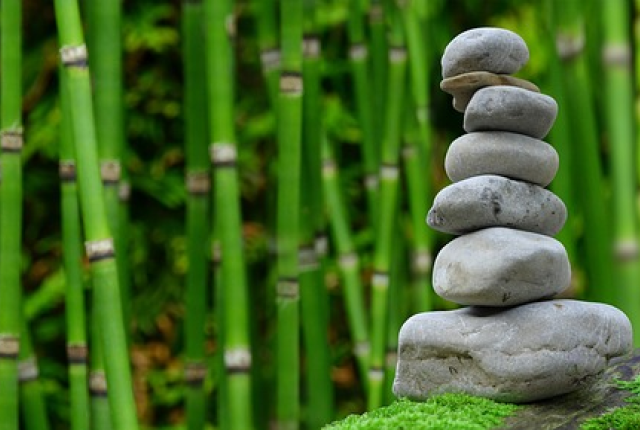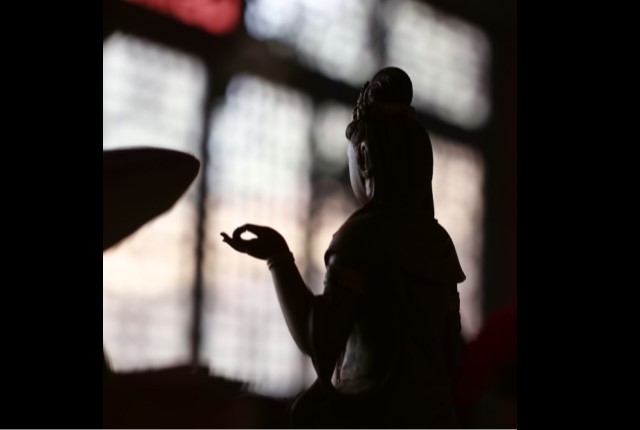
Most people regard the Buddhist religion as conservative and passive. Many think that Buddhism only teaches people to meditate, recite mantras and be vegetarians. They do not associate the religion with active and progressive ideas such as environmental protection. In truth, Buddhism is a religion that embodies the spirit of environmental protection and it has a long history of being active in such matters, well before the concept became popular as a modern social cause.
Throughout its history, Buddhism has had a profoundly positive impact on the environment. In the Buddha’s former life as a deer king, he laid down his own life to save that of a doe. A human king witnessed his compassion and was so moved that he designated the area as a wildlife sanctuary where hunting was forbidden. The Buddha also ceaselessly reminded his disciples to protect trees and animals. Over time, Buddhist temples and monasteries have followed the Buddha’s teachings and the Buddha’s example by caring for the great earth in various ways. Monastics have planted trees, dredged rivers, repaired roads, mended bridges and thoughtfully used and cared for natural resources.
During discourses, monastics encouraged devotees to free captured animals, promoted vegetarianism and reminded everyone to value the gifts of nature. There is a story about a bodhisattva who loved the environment so much that he feared polluting the great earth every time he discarded a piece of paper, feared disturbing the planet every time he uttered a phrase, and feared injuring the ground every time he took a step. His keen awareness of the environment provides a good role model for us.
Protecting the environment does not always mean leaving it untouched, reserving it for viewing from a distance. We live on this planet and have to utilize the natural resources it offers. This, however, must be accomplished with utmost respect for nature.
Venerable Mingyuan of ancient China planted thousands of trees along the Sizhou River to prevent flooding. Venerable Daoyu of Luoyang saw that many ships had capsized along the Longmen Gorge on the Yellow River. To prevent further tragedy, he and his friend Bai Juyi rallied the local residents to widen the river in order to slow its flow. These two examples are well documented, but there were many similar environmental works that escaped recognition.
In their travels, many monastics had forged paths through the jungle and laid steps over jagged mountains to ease the passage for future travelers. Without any fanfare, they worked to balance the needs of the environment with those of mankind, nurturing a harmonious relationship between human beings and the earth we live upon, and practicing the bodhisattva spirit of providing ease and convenience for all.
We encouraged everyone to start with beautifying one’s mind and spirit and then extend outward to beautifying the environment. We offered twelve guidelines, as follows:
- Speak quietly—do not disturb others.
- Keep the ground clean—do not litter.
- Keep the air clean—do not smoke or pollute.
- Respect oneself and others—do not commit violent acts.
- Be polite—do not intrude upon others.
- Smile—do not face others with an angry expression.
- Speak kindly—do not utter abusive words.
- Follow the rules—do not seek exemptions or privileges.
- Be mindful of your actions—do not act unethically.
- Consume consciously—do not waste.
- Be grounded—do not live aimlessly.
- Practice kindness—do not create malice.
From Living Affinity, written by Venerable Master Hsing Yun.
Image from Pixabay.

